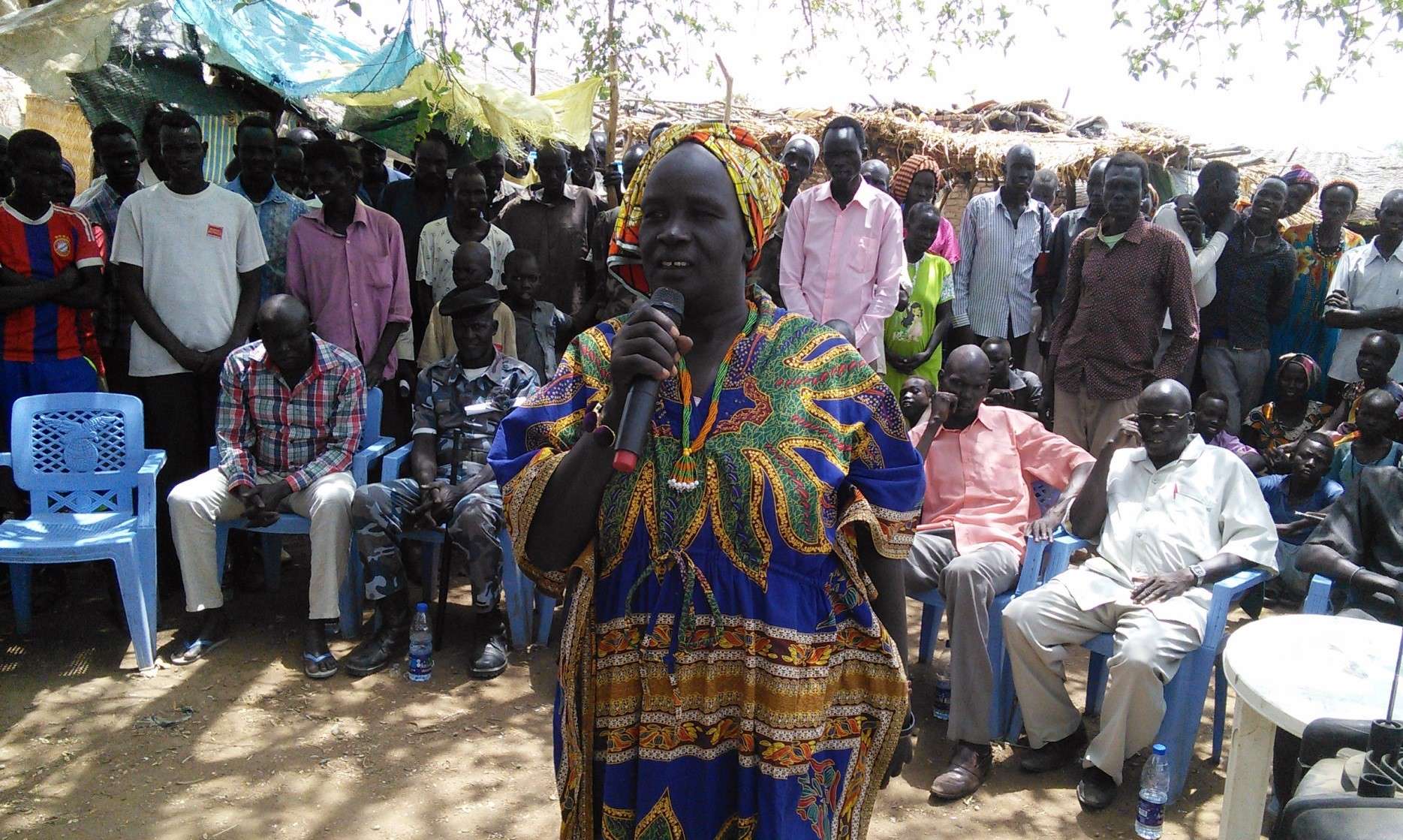
DT Global is a new company with a long history. As part of our Stories from the Vault series, we’re looking back at our accomplishments over the years, from both ongoing and past programs. From enterprise development in Egypt to climate change adaptation finance in Pacific Island Countries, peacebuilding in Côte d’Ivoire to justice sector reform in the Philippines, we’re proud to showcase where we’ve come from as we move into the future.
The annual migration of Sudanese pastoralists into South Sudan to gain access to grazing lands is a persistent source of tension along the Sudan-South Sudan border. During the Sudanese Civil War of 1983-2005, Khartoum mobilized Misseriya and Rezeigat herders to fight Dinka of present-day South Sudan with promises of unhindered access to the rich Dinka pasture lands and water resources. While the communities have established a fragile peace along the border based on trade and resource sharing, the ongoing conflict in South Sudan brings new challenges that have the potential to destabilize the entire border region.
In the relatively populous area around Aweil, which suffers from the same infrastructural constraints as the rest of South Sudan, these conditions have led to additional conflict and instability. In this context, the ongoing deep-rooted culturally and politically charged conflicts continue to threaten the relationship between the Dinka Malual, Rezeigat, and Misseiriya border communities that share this space.
Each year during the dry season, Misseiriya pastoralist families travel from Sudan, across the international border and River Kiir, and into Northern Bahr el Ghazel with thousands of cattle in search of water and pasture. This large influx of cattle can heighten tensions over shared resources.
To help prevent this type of conflict, the USAID-supported Viable Support to Transition and Stability (VISTAS) project, which was implemented by DT Global, began facilitating a series of pre- and post-migration conferences starting in 2014. USAID VISTAS was built on more than 10 years of DT Global experience in Sudan and South Sudan, with the goal of mitigating the spread of communal violence and rising tensions in critical areas where local level conflict could have national implications.
Working in close collaboration with these communities and the UN Mission in South Sudan Civil Affairs Division, these conferences brought together members of the Dinka Malual, Rezeigat, and Misseiriya communities and provided them with a safe space to voice their concerns. Having a forum for safe and open communication helped to mitigate conflict, ease tensions, address critical issues, and create resolutions necessary for improving cross-border peace through trade.
VISTAS supported annual conferences before and after the spring migrations between the Dinka Malual, Rezeigat, and Misseiriya where these communities agreed to, and then implemented, conference resolutions. As part of these resolutions, they created and strengthened shared spaces for trade and peacebuilding, such as livestock and trade complexes, a chamber of commerce, peace committees, Traditional Authority Courts, and water points along migration routes. To manage these shared spaces, the participants of the annual migration conferences, with the support of VISTAS, set up a Joint Border Peace Development Committee.
Building on this success, the VISTAS program identified various civil society organizations, non-governmental organizations, and youth and women associations and provided them with capacity training for trade interaction and service provision. After establishing these shared spaces and increasing the capabilities of key partners, the VISTAS team saw tangible peace and collaboration efforts amongst these communities, which laid the foundation for more effective conflict resolution in the future.
Beyond minimizing tensions between migrating pastoralists and host communities, the peace conferences began to change the nature of a previously adversarial relationship to one that could be beneficial to both pastoralist and host communities. Northern Bahr el Ghazal Dinka began to have increased access to trade through the surplus of goods brought by the Sudanese pastoralists, and the pastoralists began to have guaranteed access to grazing land that sustains their livelihoods. As one conference delegate from Northern Bahr el Ghazal said, “Sudan and South Sudan are two different countries, but we are still one people sharing the same resource.”
About the project: The goal of USAID VISTAS was to mitigate the spread of communal violence and rising tensions in critical areas where local level conflict could have national implications. The project had four objectives: to increase space and tools to manage conflict and tensions, build cross-line interdependency to promote peaceful coexistence, promote a more informed community, and engage communities in trauma awareness to lay the foundation for healing and reconciliation.